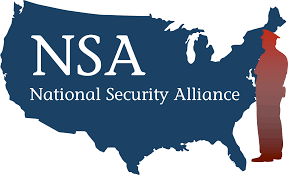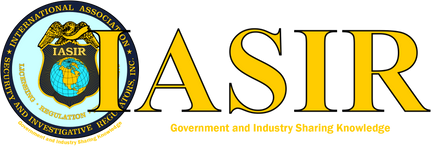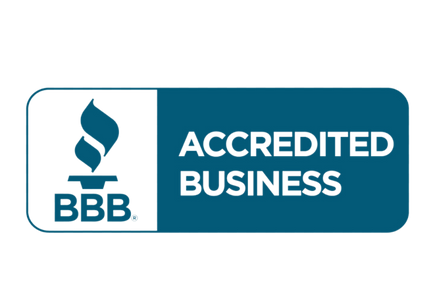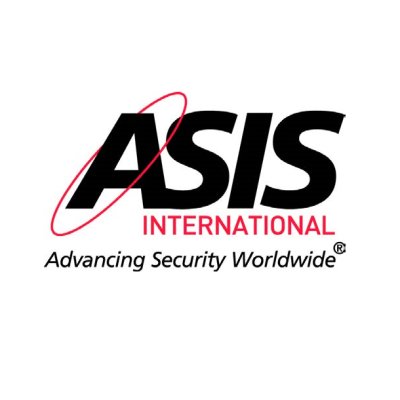
Learn how effective communication sets top security guards apart. Build trust, handle conflict, and elevate your career with expert tips.
Mastering Communication in Security: How Guards Earn Trust and Boost Career Success
Randi Sherman
4- minute read
Security professionals tend to work in the background—watching, observing, overseeing, protecting. But being a great security guard isn’t only about having a sharp eye; how you talk to people, respond under pressure, and your ability to gain trust are just as vital.
Communication may not be the first thing you think of when listing security guard skills, but it often separates a “decent” guard from one clients genuinely rely on.
To put it another way, trust doesn’t come with the uniform. It’s something you earn. Here are a few tips to help you master communication and enhance trust with clients, employers, and the public.
First Impressions Matter (a Whole Lot More Than You Might Think)
A security guard could have ten years of experience and all the proper training, but if they show up late or look sloppy on their first day, that’s what people remember. Punctuality isn’t just about being on time; it sends a message, telling clients and colleagues that you care, they matter, and you are a reliable part of the team.
Then there’s appearance. Clients—especially in corporate or retail settings—notice everything. A well-kept uniform, good personal hygiene, and a calm but attentive demeanor go a long way in setting a professional tone.
And confidence? It doesn’t mean you need to act like you know everything. It’s more about being steady, clear, and present. From the moment you arrive to the end of your shift, you’re shaping how clients see you and, by extension, how they view your entire team.
Clear, Respectful Communication is Imperative
Professional language is vital, even during casual exchanges. How you interact with people sets the tone for how they see you. Throwing your weight around, barking orders, mumbling, or oversharing sensitive info are no-gos.
Meaningful communication always starts with listening. Active listening shows respect. It helps you pick up on things that a rushed conversation might miss, like when a client says something subtle about a recurring issue or a concern.
Though part of the job is about sharing information, the way you go about it matters. For instance, you don’t want to alarm the client whenever you see a suspicious vehicle nearby. Phrase your updates calmly: “We noticed an unfamiliar vehicle loitering near the back entrance. We’re monitoring it closely and will escalate if needed.” See the difference?
Your client depends on you to keep their people and property safe, but you must use good judgment before you sound the alarm. Knowing when to escalate is just as important as knowing how. Not everything is a code red. Good judgment builds trust and ensures that people will listen and follow your lead when you do have information to share.
Knowing What the Client Really Needs (Not Just What They Say)
Every jobsite is different. A hospital’s needs aren’t the same as those of a construction site. By the same token, what a client says they want might not always align with the actual risks you face, so ask thoughtful questions to extract the information you need to inform the work.
You might ask things like, “Are there specific areas that caused issues in the past?” or “What’s the most important thing we can do to support your goals?” Asking questions accomplishes two things: it shows initiative, and the answers may help you get ahead of potential problems.
Perhaps most importantly, you must be able to adapt. Every client has different needs. For example, a retail client may want you to be visible and approachable, but a data center may prefer you to stay in the background and be discreet. It’s not about changing who you are; it’s about adjusting your approach to fit the environment and the client’s preferences.
Be cautious until you understand the landscape and expectations. Flag any issues you see, offer to help when you can, but never assume you’re running the show. It’s a partnership, not a takeover.
Trust: Built Daily, Earned Slowly
Here’s something people don’t talk about nearly enough: trust is mostly built in boring moments… doing the walk-through even when no one’s watching and logging that minor incident accurately even though it didn’t escalate. Showing up, following through, and sticking to protocol every single time; those are the things that matter.
And when things do go wrong, your track record becomes your shield. Clients remember guards who keep them in the loop, never hide problems, and act with integrity and discretion. While sharing a wild story or laughing off a past incident might be tempting, professionalism means always knowing where to draw the line. Part of your job is to keep confidence; it isn’t just a checkbox. It’s part of what keeps the client’s trust intact.
Going Above and Beyond: Taking Initiative
Security isn’t just about managing threats. It’s about presence. Sometimes that’s as simple as spotting a leaky ceiling tile before it ruins the carpet, or noticing that a side gate doesn’t close properly and needs repair.
Are these things technically your job? Not always. But flagging them, especially if you suggest a solution, shows you care and pay attention. It tells the client, I’m looking out for more than just what I’m paid to watch.
You’re not overstepping. You’re being helpful, not pushy. And sometimes, there’s a fine distinction between the two, but clients know when you’re genuinely trying to make things better. And they always remember.
Conflict Happens. Handle It Like a Pro.
Let’s be real: no matter how smooth you are, things will occasionally get tense. A frustrated client, an angry customer, a situation spiraling too quickly… it happens.
Staying calm under pressure isn’t about pretending the problem doesn’t exist. It’s about keeping your voice steady, your words clear, and your posture open.
De-escalation isn’t just a buzzword; it’s a skill. And it often starts with how you speak.
Instead of raising your voice, lower your tone. Make eye contact. Show you’re listening. You can still stand firm on the boundary without letting the situation get out of hand.
Sometimes, you’ll have to enforce a rule that will frustrate someone. But if you do it respectfully and consistently, you protect both the relationship and your authority.
Even if Nobody Tells You This, Communication Is Part of the Job.
Bottom line: communication isn’t a bonus skill. It is the job. Whether you’re patrolling a quiet perimeter or managing a chaotic event, how you talk, listen, and respond shapes everything. And the guards who get that? They’re the ones who don’t just keep their contracts; they build satisfying careers.
Sign up for an online course in Communication and its Importance, or browse our continuing education online courses today.






